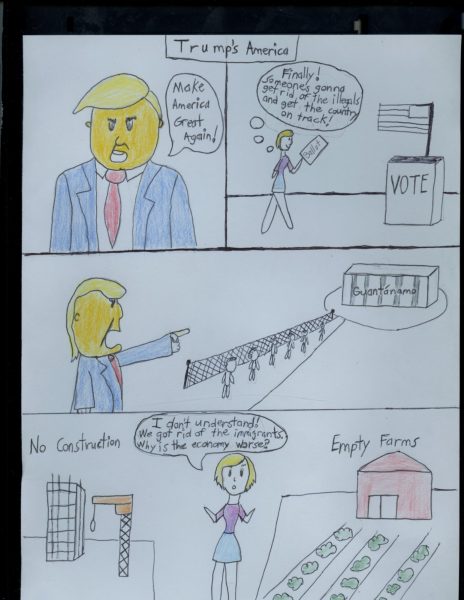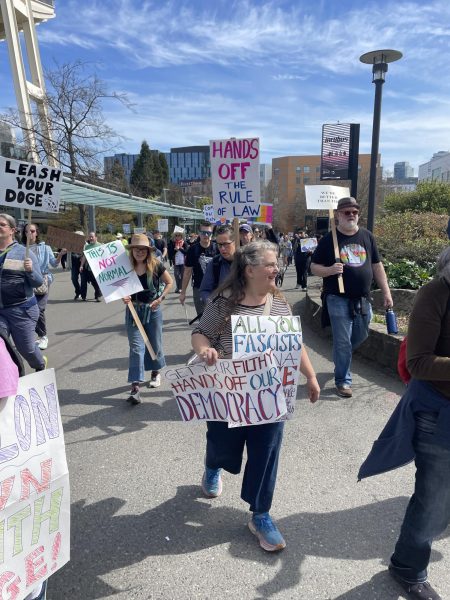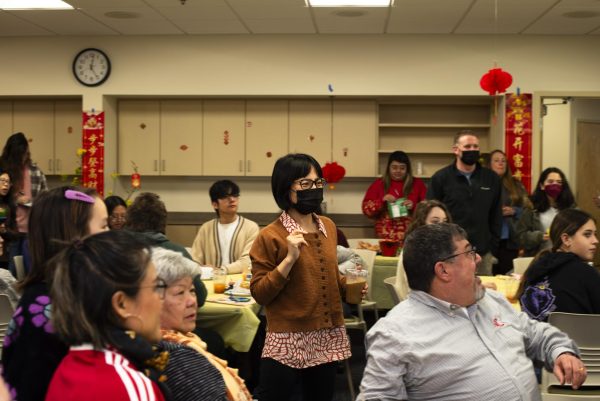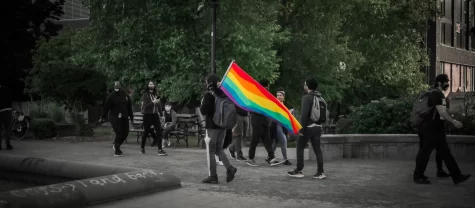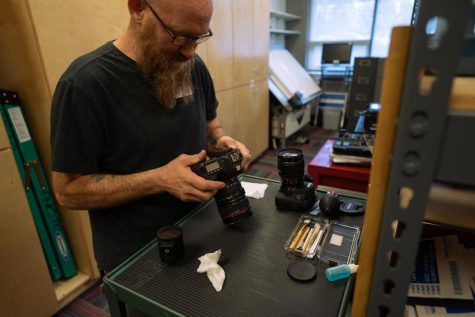Black History Month: Origins
The history of Black History Month and why it matters.
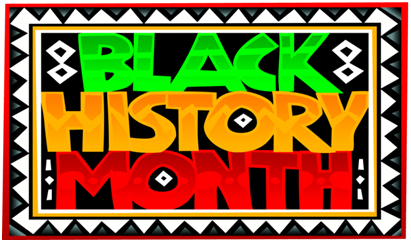
There are 400 years of African-American history that have shaped the community to what is today. There are tragedies the African-American community has suffered dating back to 1619, as well as amazing contributions made in areas such as social justice, economics, cultural and academic advancements throughout the nation. However, black history has historically rarely been taught in schools. Black History Month is structured around the teaching of these past 400 years.
The origin of Black History Month in the United States started in 1926 by historian Carter G. Woodson and the Association for the Study of Negro Life and History. He declared for the second week of February to be “Negro History Week,” as this week corresponded with the birthday of Abraham Lincoln on Feb. 12 and Fredrick Douglass on Feb. 14. Both of these dates were celebrated together by the black communities since the 19th century. At that time when Negro History Week came about, Woodson asserted that the teaching of Black History was “essential to ensure the physical and intellectual survival of the race within broader society.”
From the very start of the event in 1926, the main significance was placed on promising the coordinated teaching of the history of American blacks in the Nation’s public school systems.
There is the origin and purpose of the month of February, to encourage the Nation’s public schools to teach and instruct the history of African-Americans.
Some might not know that EvCC once offered English 175D, Introduction to African American Literature and Culture. It remains in the course catalog but has not been taught in five years. It was last taught by now-retired English instructor, Roger Berger in Spring Quarter, 2013.

Bin Ali Songoro, public relations officer of EvCC’s African Diaspora Club
Students from the EvCC African Diaspora club, whose purpose is “Unifying students of African descent through cultural sharing, field trips and mentorship,” never knew the class existed.
Public Relations officer of the African Diaspora club, Bin Ali Songoro, says he would absolutely take the course stating, “Africa is where it – the history – starts. Did you know that Africa was once called ‘Alkebulan,’ meaning the Mother of Humankind, we must always learn together the history of our people.”
English Instructor Steven Tobias said he would gladly teach the course although his literary training focuses mostly on the 18th and 19th centuries and English 175D is meant to extend well into the 20th century. Tobias stated his feelings on the course saying, “My personal feeling is that ENGL 175D is a very important course and should remain in the catalog. The fact that it hasn’t actually been offered in a while is an oversight, which I hope we can address soon in the English department”.
Generally, administrators won’t offer a course that won’t fill and would end up being canceled. If more students knew about and were interested in the course, it would have a higher chance to be offered.
Tobias’ opinion is that it would be even better to hire a person of color, as he feels that the make-up of our faculty should reflect that of our student body. “I’d simply say that anything that is likely to increase the visibility of African-American history and culture at EvCC is a good thing – doubly so if it makes our African-American students feel valued and central to the campus community,” he said.
The overall goal at the start of Black History Month in 1926 was to ensure the teaching of the whole 400-year history in our education system. While EvCC may not offer the class live right now, it is celebrating Black History by having a course dedicated to it.
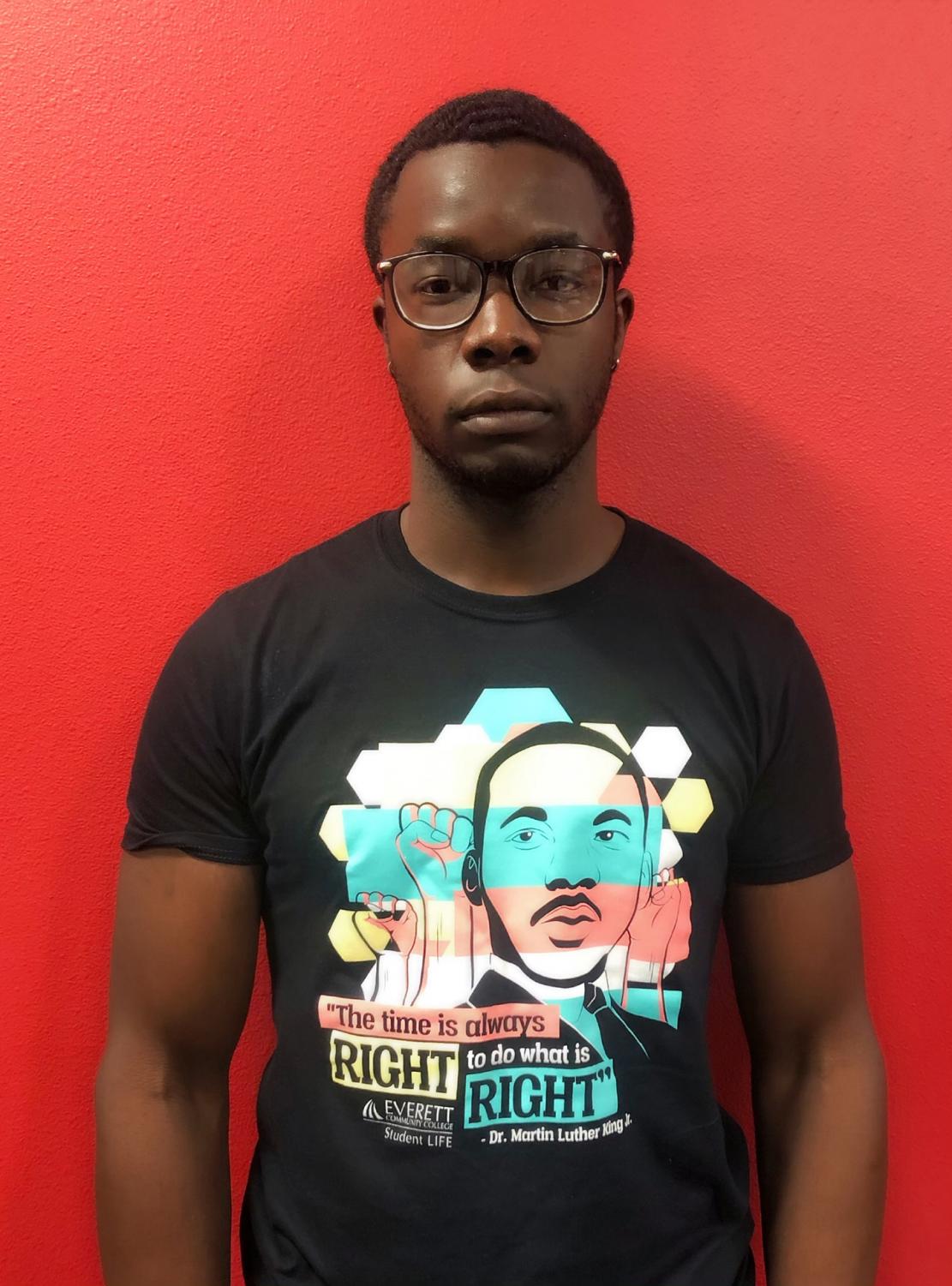
Leroy Odhiambo, president of the African Diaspora Club at EvCC
Leroy Odhiambo, president of the African Diaspora club stated, “That’s the goal, to teach African history from where it started. It’s not just the civil rights movement, it’s not just one month, it’s the history of where it began: in Africa.”
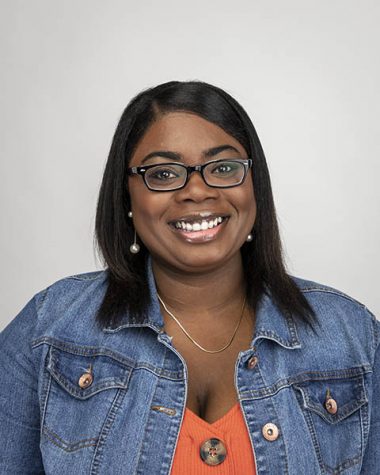
What are you doing when you aren't at The Clipper?
When I am not at The Clipper you can find me still at EvCC in the Student LIFE office working...



